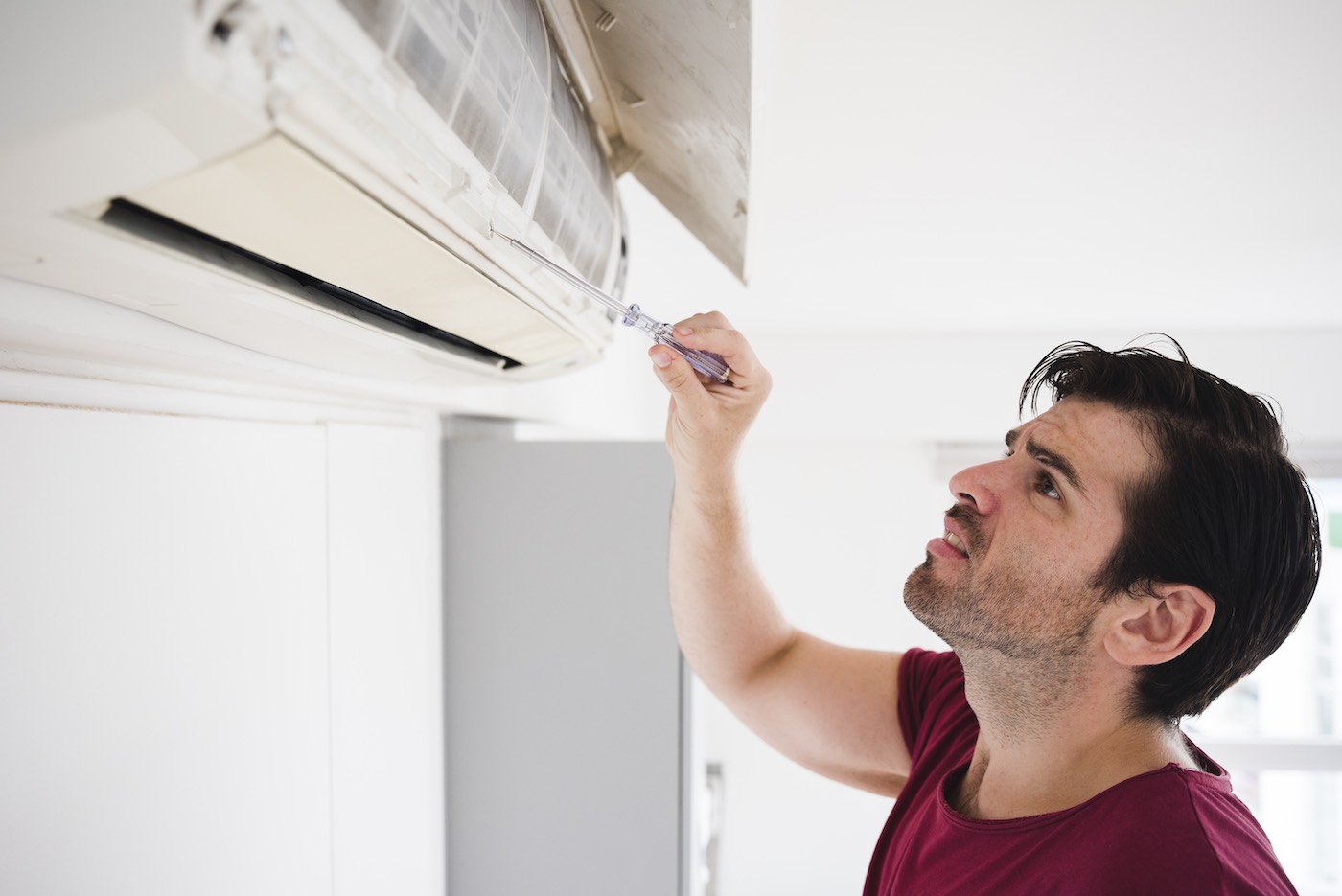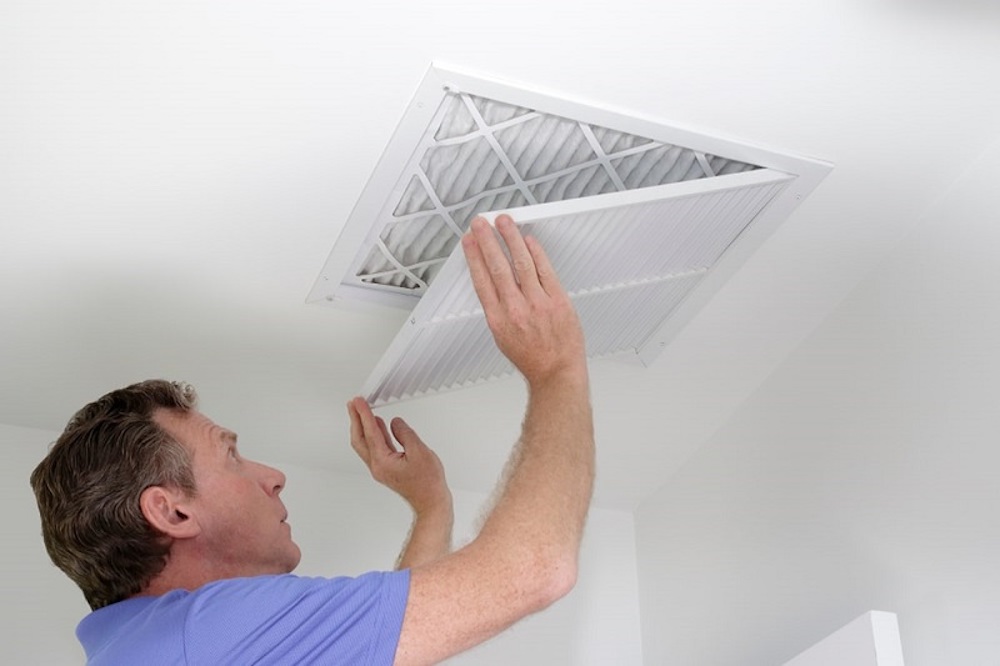Do you hear a strange noise coming from your outside AC unit? Are you unsure of what it is or how to identify the source? Well, you’re in luck! Identifying noises coming from your outside AC unit doesn’t have to be a mystery. An outside AC unit making loud noise needs attention as soon as possible. In this article, we will explore the most common causes of strange noises coming from an outside AC unit and how to address them. Keep reading to learn more!
Constant Buzzing
Constant buzzing noises coming from an outside AC unit are most likely caused by a faulty or loose electrical connection. This could be due to loose wiring or a failed capacitor or relay. Loose wiring is a common issue in older units and can cause the buzz sound to happen when the system is running. A failed capacitor is a common problem in air conditioners, as it is responsible for supplying the motor with the correct amount of power needed to run. If the capacitor fails, the motor will make a buzzing noise.
A failed relay can also cause a buzzing sound, as the relay is responsible for controlling the flow of power to the motor. If the relay fails, the motor will not be able to receive the correct amount of power, causing it to make a buzzing noise. To fix this issue, you will likely need a qualified HVAC technician.
Rattling or Chattering
Rattling or chattering noises coming from your outside AC unit can be a sign of a serious issue that requires immediate attention. These noises are often caused by loose parts in the system, such as a loose fan blade or other loose components. The rattling or chattering noise can also be caused by a faulty or worn-out fan motor, a broken or damaged fan blade, or even a piece of debris stuck in the system. The noise can also be caused by a dirty or blocked condenser coil, a faulty or worn-out compressor, or a low refrigerant charge.
If you hear rattling or chattering noises coming from your outside AC unit, the best course of action is to have a qualified technician inspect your system to determine the cause of the noise. The technician will likely perform a visual inspection of the system, as well as run a few tests to pinpoint the exact cause of the noise.
Loud Banging
Loud banging noises coming from an outside AC unit can be a cause for concern, as it can indicate an issue with the unit itself or with the surrounding area. In some cases, these noises can be caused by a malfunctioning or unbalanced fan blade, which can cause it to vibrate against the AC casing and create a loud banging sound. In addition, a worn-out motor bearing can cause the unit to shake and make loud noises. Also, if the air filter is clogged, the fan motor could be working too hard and vibrating, causing a banging noise. You’ll want to ensure that your air filters are changed regularly to avoid any mechanical problems. Additionally, clean air filters can help improve your indoor air quality.
High-Pitched Screeching or Whistling
High-pitched screeching or whistling noises coming from an outside AC unit can be a sign of a few different issues. The most common cause of these noises is a problem with the fan motor or fan blades. If the fan motor is failing, it can cause a loud screeching or whistling sound. This is usually caused by worn or damaged fan blades or bearings and can be fixed by replacing the fan motor or blades.
Another possible cause of the noise is a problem with the compressor. If the compressor is not functioning correctly, it can cause a loud whistling sound. A high-pitched whistling or screeching could be a sign that the compressor in the unit has a dangerously high HVAC refrigerant pressure. This is an issue that should be addressed by a professional as soon as possible.
Overall, it is important to be aware of any strange noises coming from your outside AC unit. If you hear anything out of the ordinary, it is best to have a professional come out and inspect the unit to ensure you have a functioning AC system. It is also important to have regular maintenance check-ups to ensure that your AC unit is running at optimal efficiency, which will save you money in the long run.









